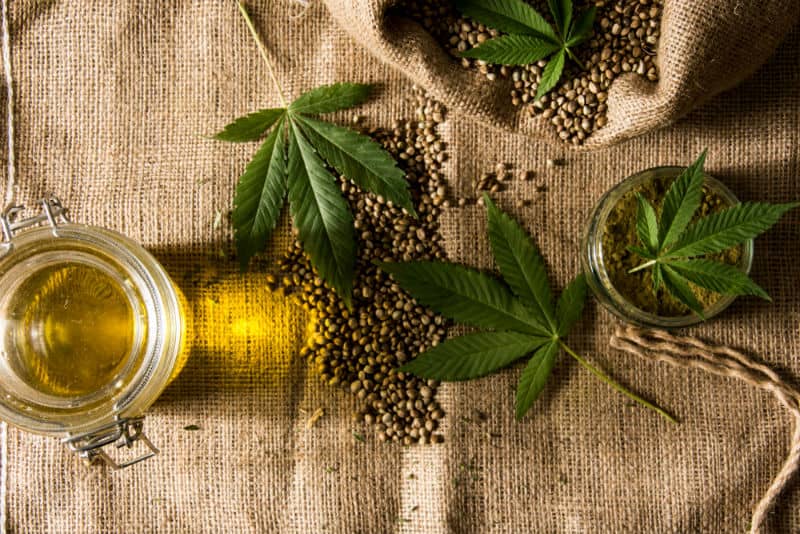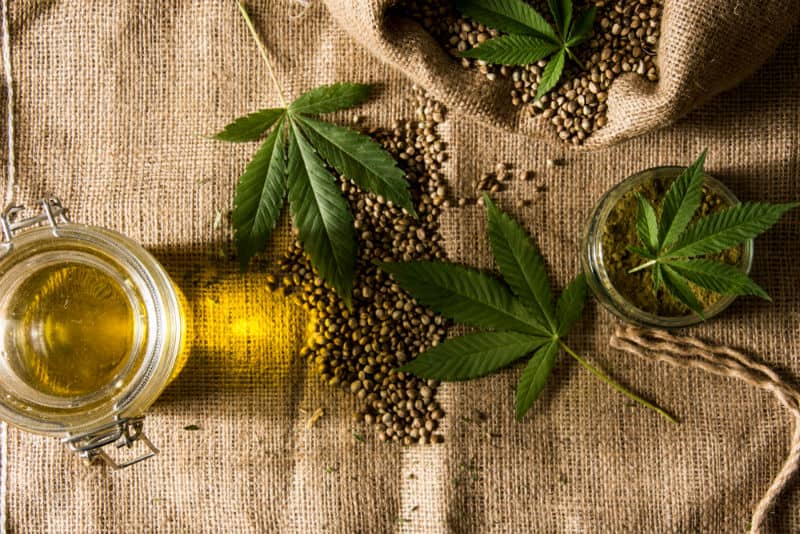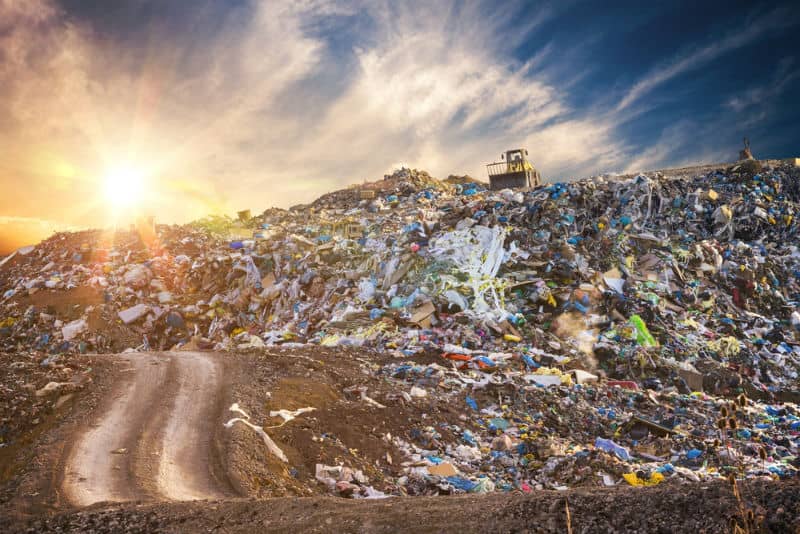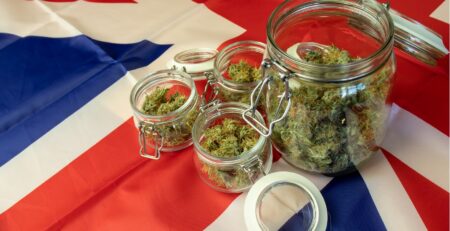Why Biodegradable Hemp Plastic Should Be Everywhere
Could Hemp Plastic Be The Solution To Plastic Pollution?
The first thing that comes to mind when most people think of hemp is the plant… and not plastics. Yet among hemp numerous uses and applications, it can be used to create a bio-plastic with its cellulose. Hemp contains 65-70% cellulose compared to the likes of wood which is around the 40% mark, so is considered a great source from which to make plastics. However, 100% hemp plastic is still quite uncommon, despite its fantastic properties. Why? We investigate. Plastic really is an essential part of everyone’s daily lives and that it is still made from non-renewable, polluting petrochemicals is absolutely insane! Conventional plastics do not break down and can remain in the landfill, along the roadside, in the ocean, etc. for many, many years. The chemicals from plastics can leach into the soil and groundwater and cause harm to both humans and animals. Many climate scientist agree that we have to stop with our dependency on fossil fuels. So it’s really surprising.
Researchers at the University of Tasmania along with the United Kingdom’s Royal Society for the Protections of Birds located approximately 38 million plastic items on an uninhabited coral island (Henderson Island) in the South Pacific. A marine scientist working at the University of Tasmania reported to the Guardian that she had travelled to beaches around the world, including some of the most remote islands in the world and no matter the location, the beaches were littered with evidence of human activity.
The oceans are the same, if not worse due to tiny fragments of plastic (microplastics). These pieces of plastic pollute the oceans and marine life often eats the plastics. National Geographic reported in 2014 that there were approximately 1.9 million microplastics found per square mile in the Great Pacific Garbage Patch, an area of the ocean located between California and Hawaii.
Composite plastics, that is, those that are part-hemp and part other substances, are already in use in a variety of household products including cars, boats and musical instruments. Yet plant-based hemp plastics and other similar substances seem rare. There is undoubtedly an environmental need for more sustainable plastic production than the PET (polyethylene terephthalate) that is mainstream today, yet for a few reasons, it seems not to have taken off.
Back in 1941, Henry Ford produced the Hemp Automobile, which was made entirely of hemp and other organic substances, but seemed at the time just a novelty. It was 1000x times lighter than other Ford models and could withstand 10x the impact force of comparable car models, but unfortunately, a second prototype was never made.
Is Hemp Plastic Biodegradable?
Hemp cellulose fibres are organic and non-petroleum based, so are considerably more sustainable than other commercially available plastics. The most eco-friendly plastics currently on the market in the likes of single-use plastic bottles and straws are around 30% plant-based, with the rest of the product being made from fossil fuel sources.
One of the biggest reasons for this is purely cost. Big corporations usually opt for the lowest price packaging they can in order to maximise their profit margins, and with few hemp plastics available, the more eco-friendly alternative is rarely the most cost-effective option.
Most hemp is still imported into the US, so fees and additional costs are rife. Furthermore, the harvesting of hemp plants to extract the cellulose can be labour-intensive without the correct technology in place.
Secondly, despite hemp plastics being biodegradable, there a lack of understanding around the disposal of them, and so theyre often sent to landfill: where even the greenest of products will struggle to break down naturally!
Why Is Hemp Plastic Not Used More Often?
Of course, the biggest barrier to hemp plastics being produced on a mass commercial level is the legality of growing hemp. It remains illegal in several states and territories and the societal impact on opinions and misunderstanding toward hemp as a result often hinders farmers attitudes toward growing it and corporates toward utilising it. What remains certain is that hemp plastics are, at the moment, significantly under-utilised despite their great potential.If the war on drugs was ended, particularly the laws concerning growing hemp and cannabis, the cost of hemp would decrease as more technologies are discovered to aid in the production of hemp.
Fossil fuel costs remain low thanks to subsidies. Hemp products are still considered a costly luxury item. Some hemp under pilot programs are grown in the United States thanks to the Farm Bill that was passed in 2014; however, most hemp products are imported from other countries.
Hemp has a smaller carbon footprint than most other crops and does not require as many pesticides. Growing hemp and harvesting it is quite labour intensive. Another drawback of hemp farming is that it requires a lot of fertiliser in certain soils. Finally, hemp requires a lot of water to thrive.
Research Hemp Plastic Benefits
If you have the opportunity to research into plastic options, consider hemp plastic as an alternative to more mainstream substances and learn more on how a bioplastic could work for and benefit you.







